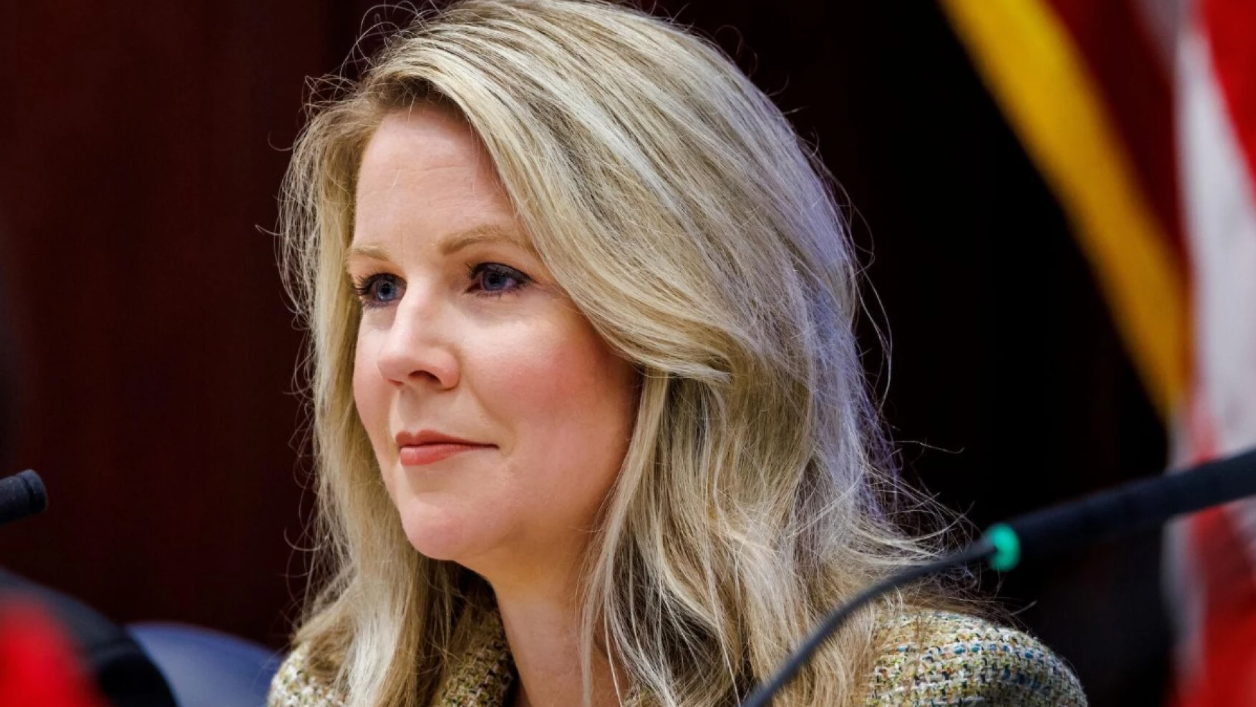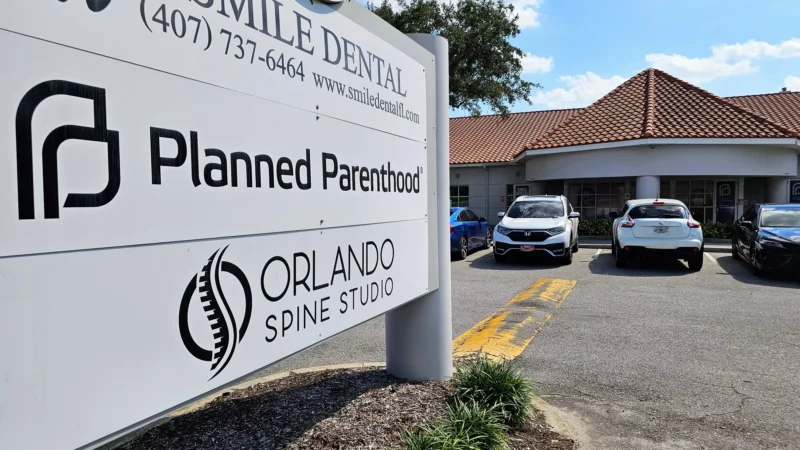Less than a year after passing a measure that would ban abortions after six weeks of pregnancy, Republican lawmakers are pursuing an effort to allow parents to file civil lawsuits seeking damages for the wrongful death of an “unborn child.”
The proposal, approved Thursday by the House Civil Justice Subcommittee, would add “unborn child” to a law that allows family members to seek damages when a person’s death is caused by such things as wrongful acts or negligence.
The legislation, filed by the House and Senate sponsors of the six-week abortion ban, has drawn intense pushback from abortion providers and their allies.
But House sponsor Jenna Persons-Mulicka, R-Fort Myers, told the House panel that her bill (HB 651) is not abortion-related. She said it is aimed at giving parents the ability “to go to court to seek redress against the wrongdoer” when an unborn child dies.
“So this is not about abortion, and I’m trying very hard not to take offense that people are trying to make it about abortion,” Persons-Mulicka said. “Let’s call a spade a spade. They’re not talking about lawful abortion. In a lawful abortion, what is the wrongful act that would be caught under this statute? They’re worried about illegal abortions.”
But Rep. Ashley Gantt, D-Miami, appeared unconvinced and pointed to the possibility of men filing lawsuits over abortions.
“While the bill sponsor said it isn’t about abortion, I do hope to work with you to make that very clear and to actually codify it, if this does become a law,” Gantt said before voting against the measure, “so we don’t have advocacy groups seeking out potential fathers suing different abortion care providers, because that’s also very much a real possibility.”
Gantt offered an amendment that would have exempted abortions from the proposed changes to the wrongful-death law. Gantt, an attorney, said her amendment mirrored an exclusion for termination of pregnancies in a law that makes it a crime to kill an unborn child by killing or injuring a pregnant woman. The House panel rejected Gantt’s amendment.
Under the bill, mothers could not be sued. The Senate version (SB 476), sponsored by Sen. Erin Grall, R-Vero Beach, has not been heard in committees through the second week of the legislative session.
Florida is among just a handful of states that do not have laws on the books allowing such wrongful-death claims, Persons-Mulicka said.
“This just gives a parent an opportunity to go to court to make a wrong right. The parent would then have to prove that there was a wrongful act, whether intentional or negligent,” Persons-Mulicka, a lawyer, said.
But Gantt raised questions about “vagueness,” saying the measure does not define “unborn child,” unlike some other states’ laws that allow parents to seek damages only after a certain period of gestation.
Persons-Mulicka said her proposal echoed Florida’s criminal law, which also does not include a definition of an unborn child.
“From a civil standpoint, I believe the cause of action shouldn’t be limited to a stage of development, but it would still be every case fact-specific. You’d have to go to court to prove not only the causation, but to prove damages,” she said. “But again, that’s for the judicial process to flesh out through experts, through testimony or evidence.”
Gantt asked the sponsor if the bill would allow a woman who was six weeks pregnant and had a miscarriage after falling at Publix to sue the supermarket chain for damages.
“Potentially yes, but you and I and many on this committee know that people file cases all the time and (they) can be thrown out for many different reasons,” Persons-Mulicka said. “That would all be fleshed out through the evidentiary process.”
The effort has received support from organizations such as the Christian Family Coalition and Florida Voices for the Unborn.
The bill would “put Florida on a path of recognizing the fundamental personhood of the unborn child,” John Labriola, founder and executive director of the Christian Family Coalition, told the Republican-controlled House panel, which voted 12-5 along party lines to approve the measure.
Critics of the measure contend it is part of Republican lawmakers’ years-long efforts to chip away at abortion rights. Florida is among a number of GOP-led states that have enacted abortion restrictions after the U.S. Supreme Court in 2022 overturned the decades-old Roe v. Wade ruling and said abortion-related decisions should be left to states.
Florida’s six-week abortion restriction remains in limbo as the state Supreme Court considers a challenge to a 2022 law prohibiting abortions after 15 weeks of pregnancy. The six-week law is contingent on the outcome of a ruling in that case.
Laura Goodhue, executive director of the Florida Alliance of Planned Parenthood Affiliates, in a phone interview said that ensuring abortions are not included in the wrongful-death changes would be “an easy fix” by adopting Gantt’s amendment.
“We’ve now heard from both of the bill sponsors that this isn’t about abortion, however, two things happened. One, they didn’t accept an amendment to clarify that, and you also had opposition testimony, clearly stating that this should be a path to personhood,” Goodhue said after Thursday’s vote.
Abortion opponents “do want to make this about opposing reproductive health and rights,” she added.
According to a legislative analysis of the bill, 25 states allow a cause of action for the wrongful death of an unborn child under a viability standard based on whether a fetus can exist independently outside of the mother’s womb. Three states allow a cause of action if the “quickening” standard, which requires detection of fetal movement prior to death, is met, and 15 states allow a cause of action at any stage of development.
Lead image: Rep. Jenna Persons-Mulicka, R-Fort Myers, is sponsoring a bill about lawsuits over “unborn child” deaths. | Colin Hackley, News Service of Florida






